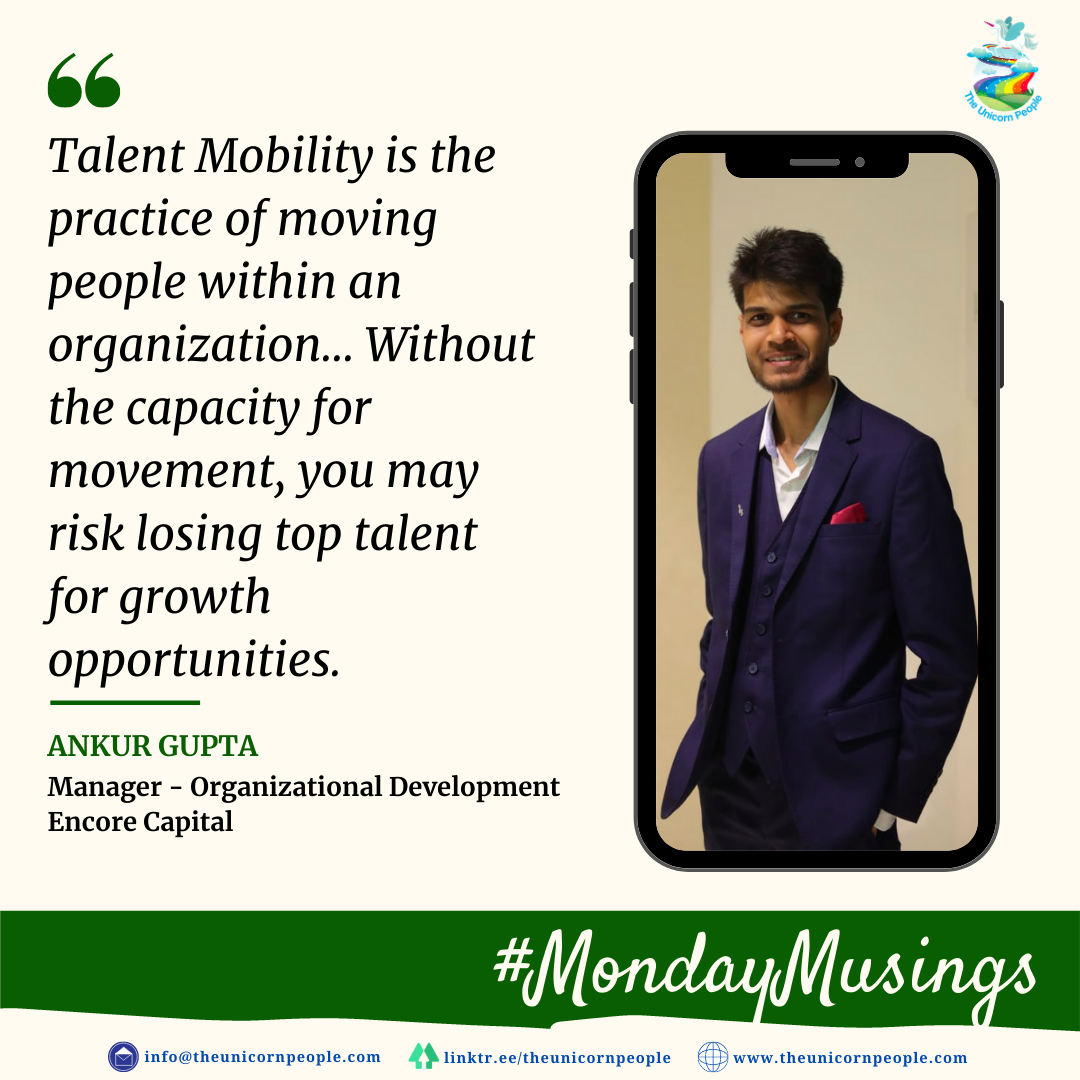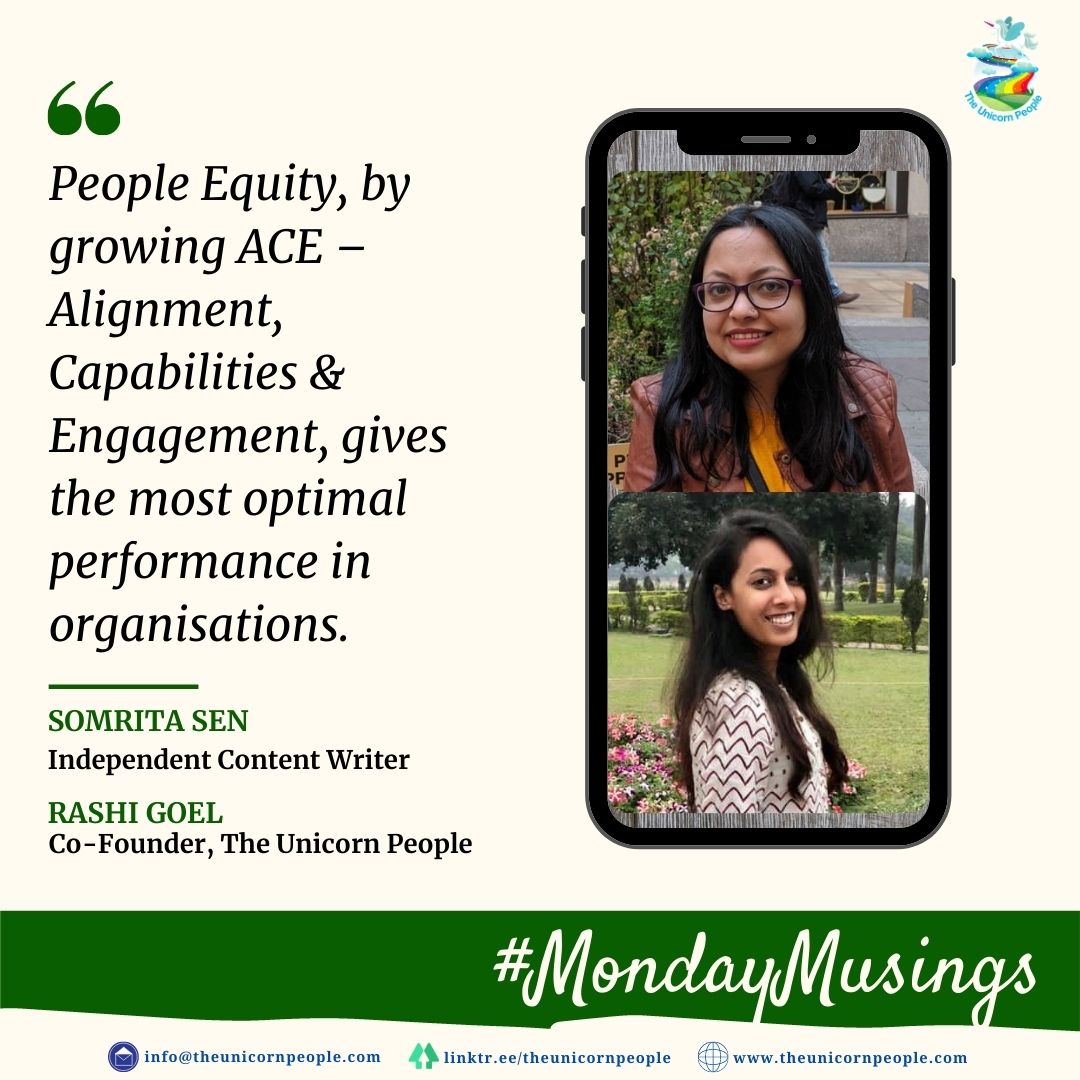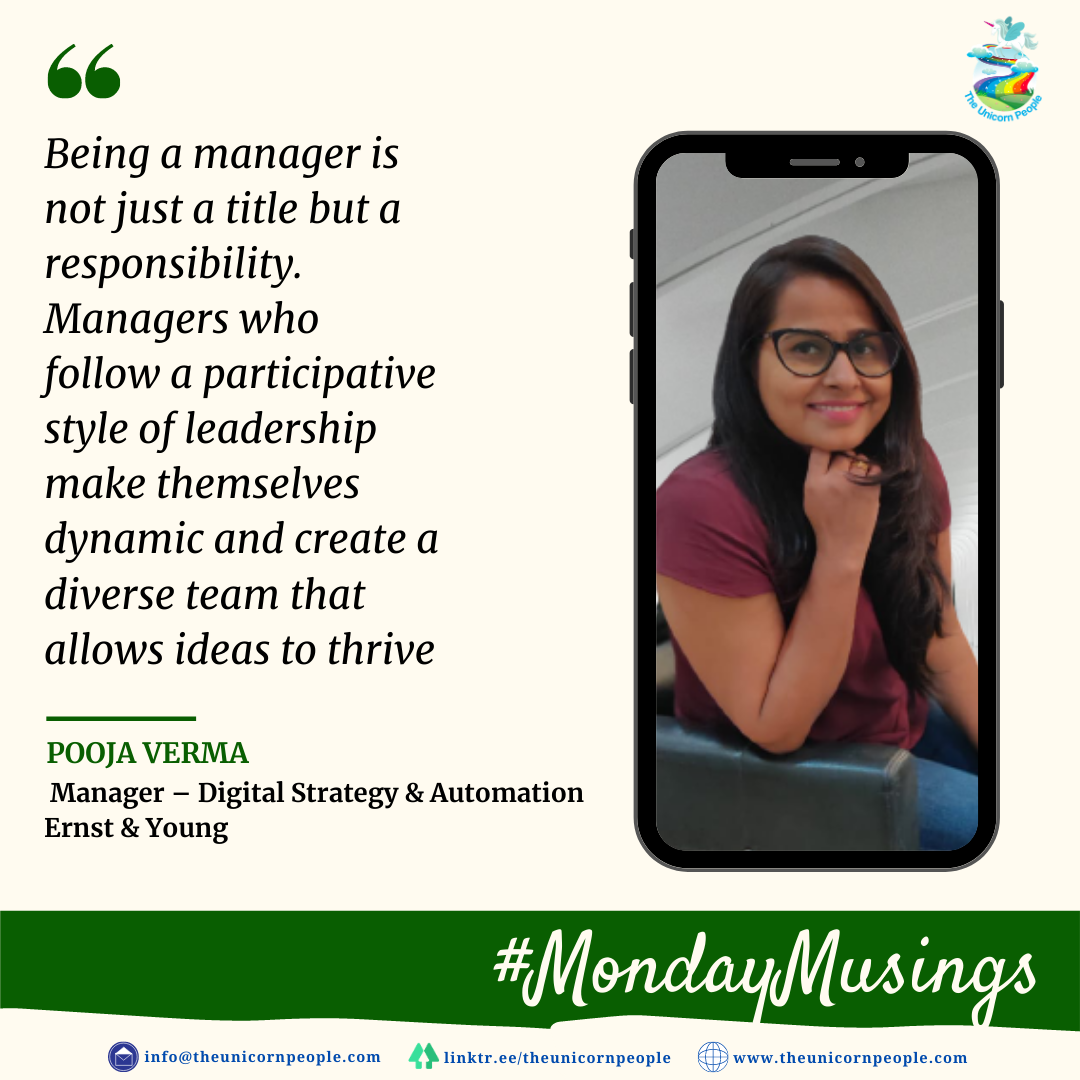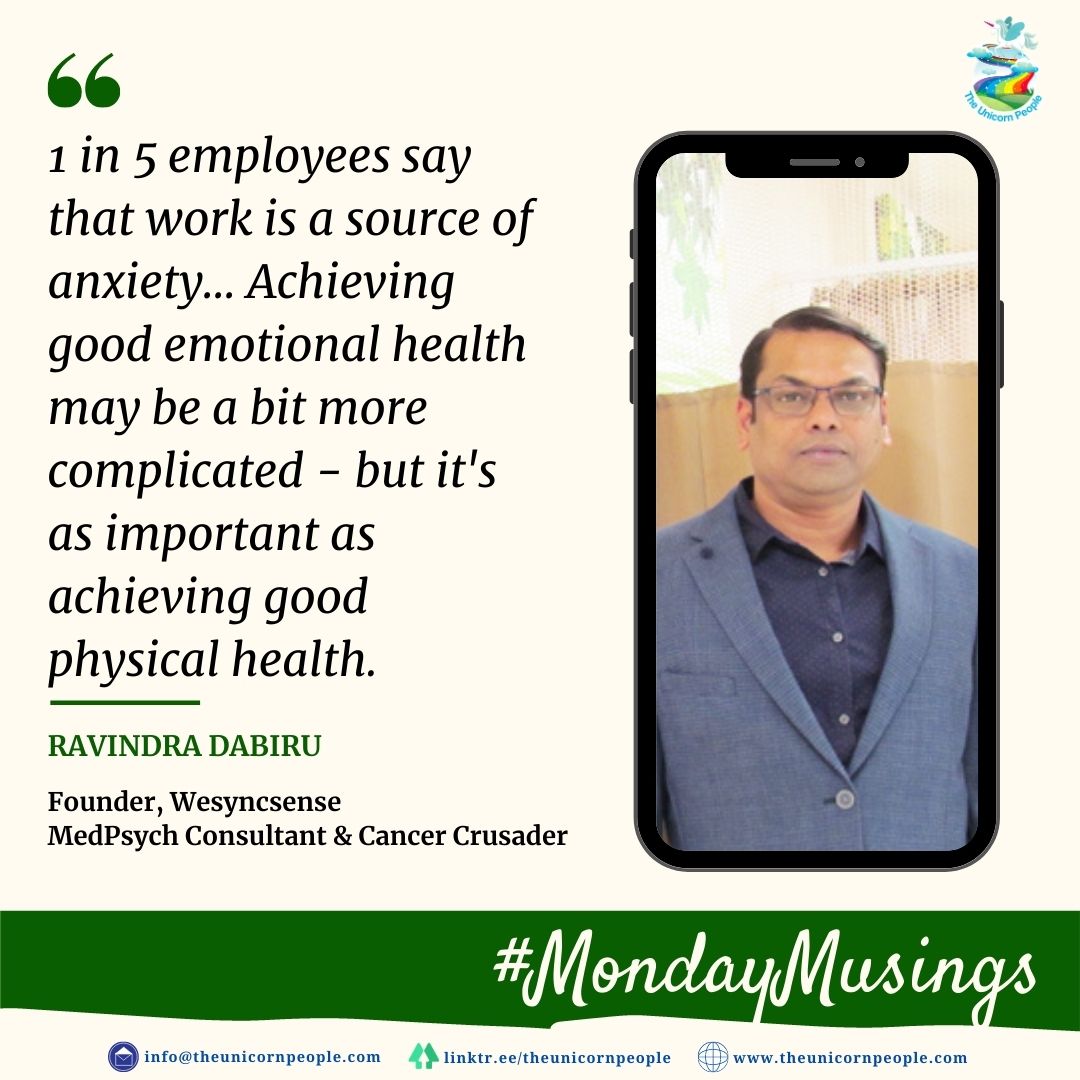Author: Ankur Gupta, Manager – Organizational Development, Encore Capital
As stated very aptly by Echelon Group, “Talent Mobility is the practice of moving people within an organization, in hopes that new skills will be gained and sharpened through the employees’ new roles and responsibilities.”
It ensures the right people with the right skills, are put to function at the right time and in the right place. HR plays a pivotal role in building a culture of mobility: but where do you start? It’s a challenging task for HR professionals and the management, as managers are not ready to let go off talent that they consider to be prime.
Without capacity for movement, you may land up in the risk, of losing top talent for growth opportunities. Filling senior positions requiring experience and more specific skill-set, are ideally looked internally. The important job for HR professionals here, is to prepare a talent, ready for such movements, as & when required.
And how does it benefit?
1) Saves on cost-to-hire
According to a Wharton study, 18-20% is the additional cost incurred on hiring externally, which included advertising, managing applications, use of recruiting agencies, and onboarding costs. Also, hiring internally can be done in half the time. And not to forget, cost savings of an inappropriate hire can be huge, in comparison to internal mobility which gives a guarantee of success.
2) Mobility as a retention lever
As per LinkedIn’s Global Talent Trends 2020, employees stay longer in companies which offer mobility by an average of 41%, against companies which don’t. 81% of HR professionals mentioned that internal recruiting plays a very important role for talent retention. The objective is to offer specific career paths that the talent can choose and live upto their expectations, before they start looking outside.

3) Millennials give more importance to Skill Development
Work priorities have shifted and so has talent demands. Skill Development is now on the top of the list, as well as a cursor to change jobs. A PWC Study – Talent Mobility 2020 shows that 64% millennials plan to hold at least 3 jobs in their career and only 18% employees, plan to stay where they are. And hence, HR professionals need to map out career development as it goes hand-in-hand with skill development.
4) Culture of Mobility
Implementing a policy for Talent Mobility necessarily means, that managers have to allow their talents to move internally. Mobility is not the only objective for HR, but also for the management. It must be driven, for the betterment of the organization, by creating a win-win proposition. Companies need to identify methods, on how to position their human capital for growth, productivity and success, while keeping them engaged.
5) Embrace the experience generation
A report from Mercer quotes that organizations need to create more fluidity in work structures with internal gigs, mid-career moves, and a focus on mobility, and by democratizing access to learning experiences through increased transparency of what is on offer and what people can learn.
Do remember, a policy without culture is like a bird without wings. And thus, to make mobility work, culture comes first.





